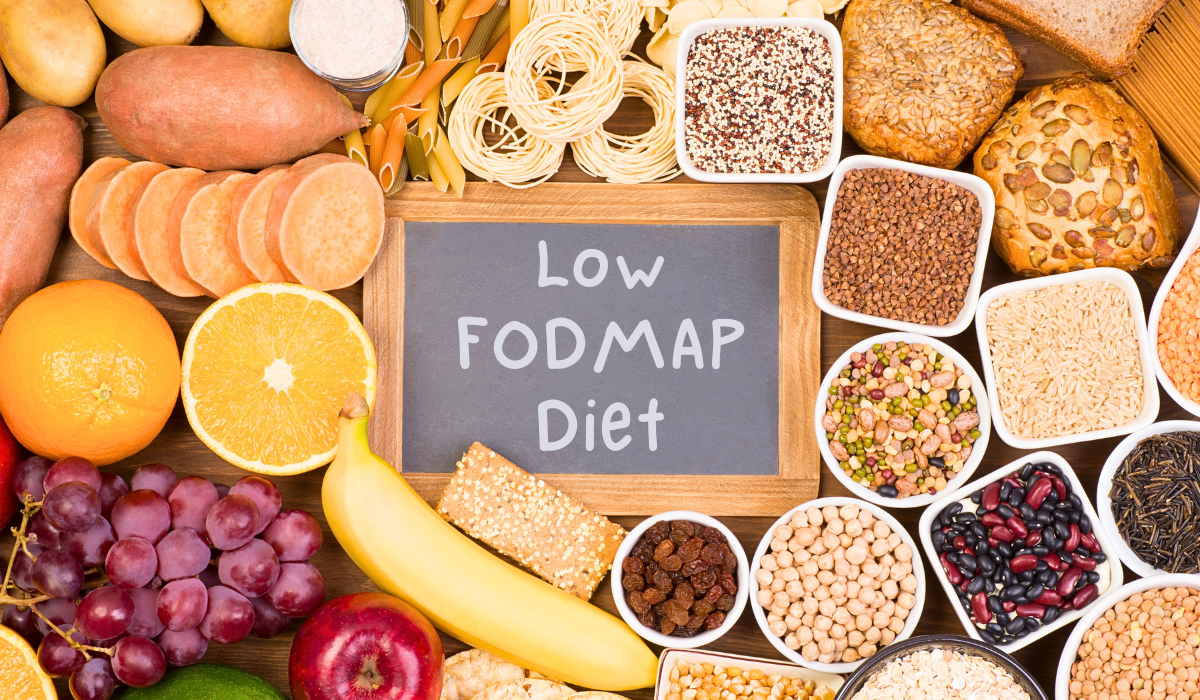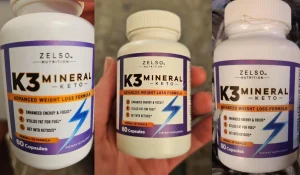The FODMAP diet is a unique diet that focuses on the elimination of certain types of carbohydrates. The diet is usually suggested for people who suffer from intestinal distress such as irritable bowel syndrome (IBS) or small intestinal bacterial overgrowth (SIBO).
FODMAP diet usually helps identify which food causes issues and which food is able to reduce the symptoms. This article takes a deep dive into the world of low FODMAP diet, its principles, and implications, and tries to answer trending questions like Are potatoes low FODMAP? And are sweet potatoes low in FODMAP? So let’s get into the essay straight away.
Key Takeaways
- Low FODMAP Diet: Targets certain carbohydrates to ease symptoms in conditions like IBS or SIBO.
- Diet Phases: Involves elimination, reintroduction, and maintenance stages for personalized management.
- Safe Foods: Includes options like potatoes, blueberries, beef, eggplant, and tofu for symptom relief.
Understanding Low FODMAP Diet
The FODMAP diet is a temporary eating plan that restricts the intake of carbohydrates. FODMAP stands for fermentable, oligosaccharides, disaccharides, monosaccharides, and polyols. These are short-chain carbohydrates that are difficult to digest by people with certain gastrointestinal disorders. Following a low FODMAP diet will give people with IBS and SIBO relief from uncomfortable symptoms.

The short-chain carbohydrates are sugar molecules that cannot be broken down by the bacteria in your small intestine. If they cannot be digested it will result in poor absorption. As a result, your small intestine draws more water to move the undigested carbohydrates to the large intestine. When they reach the large intestine the bacteria in the colon will ferment them.
This process will produce gasses and fatty acids inside the gut and give you gastric issues all day long. Only people with sensitive guts experience severe discomfort while digesting FODMAPs. People with functional gastrointestinal disorder may experience severe symptoms like,
- Excessive bloating
- Gastric issues
- Severe abdominal pain
- Diarrhea
- Constipation
- Vomiting or nausea
The low FODMAP diet aims to recognize certain fermentable carbohydrates to alleviate the symptoms and improve the quality of life. The core principle of the diet is to understand the FODMAPs and their fermentation process in the gut.
High FODMAP foods lead to poor absorption and related symptoms. Fermentation of high FODMAPs will produce excessive gas and osmotic effects that can worsen the symptoms of IBS and other gastrointestinal disorders.
The Stages Of Low FODMAP Diet
There are different phases in a low FODMAP diet, it typically has 3 important stages.
1. Elimination Phase
As the name suggests, the first stage of the low FODMAP diet provides the opportunity to identify the trigger foods. During this stage, high-FODMAP foods will be eliminated and provide relief from the symptoms. The elimination phase usually takes up to 2 to 6 weeks to complete.
2. Reintroduction Phase
After the elimination phase, FODMAPs will be reintroduced into the diet in small amounts to identify the specific carbohydrate that triggers uncomfortable symptoms in an individual. The second stage helps an individual for following personalized dietary modifications.
3. Maintenance Phase
Based on the understanding of trigger foods, a personalized diet plan will be developed. This will be a long-term diet plan that is specifically tailored to the individual’s tolerance level of low FODMAP foods. The diet will limit the intake of high-FODMAP foods to keep the symptoms in control.
Also Read: Metabolic Confusion Diet: Transform Your Health And Fitness
The Best Low FODMAP Foods
If you are following a low FODMAP diet, you can include the following food items. They are low in FODMAPs and they will help to reduce the symptoms as well.
1. Potatoes
Are potatoes low FODMAP is an often asked question. A simple answer will be yes. Since there are various varieties of potatoes, most of them are low FODMAP. White fleshed potatoes, sweet potatoes, russet, and other varieties are all safe for people with IBS and other intestinal problems.
2. Blueberries
Blueberries are another incredible fruit that is low in FODMAP. You can include them in your diet without any worries. Besides these berries are packed with nutrients that can help with the absorption of vitamins and minerals.
3. Beef
You can include beef in your low FODMAP diet but you need to be cautious of sauces and other seasonings you add while cooking the meat. Beef is high in protein and does not contain any kind of carbohydrate.
4. Eggplant
Thankfully eggplants are safe for people with IBS. However, you need to avoid taking larger quantities of eggplant because it contains sorbitol which may cause poor absorption in people with functional gastrointestinal disorders.
5. Tofu
It is one of the soy products that is free of high FODMAPs. You need to buy firm or extra firm tofu if you want to limit the intake of carbohydrates. Softer varieties of tofu may not press away water-soluble fructans.
Also Read: Can I Exercise While Dieting? Unlocking The Myth!
Conclusion
In conclusion, a low FODMAP diet is an effective way to manage the symptoms associated with gastrointestinal disorders like IBS or SIBO. It addresses the role of carbohydrates in the development of symptoms in people with a sensitive gut.
You need to consult a health professional to get personalized guidance regarding your diet. Low FODMAP is a long-term diet plan that requires commitment and helps you to take an active role in managing digestive health.







